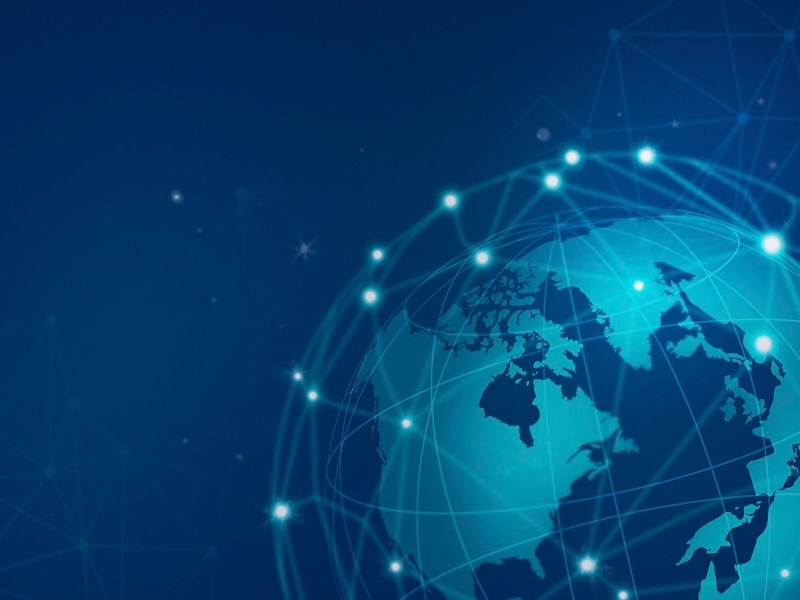- The internet now serves as a vast reservoir of information, creativity, and connectivity. From educational resources to entertainment platforms, the online world offers a multitude of avenues for exploration and discovery.
- Different information retrieval requires different search channels. Understanding the differences between different Internet resources can help to access information more accurately.
- Search engines, journals and research databases, content-sharing platforms, Online libraries, and social impact platforms are 5 major internet resources.
Unlocking a world of knowledge, creativity, and activism, the internet stands as a boundless resource, offering opportunities for learning, self-expression, and social change like never before.
Also read: Countries with fewer internet laws and restrictions
1. Search engines
A search engine can be your most important resource when attempting to locate information on the Internet. Search engines allow you to type in the topic you are interested in and narrow the possible results. Some of the most popular search engines include Google, Bing, Yahoo!, and Ask (eBizMBA, 2012). These sites provide a box for you to type a topic, phrase, or question, and they use software to scan their index of existing Internet content to find the sites most relevant to your search.
Each search engine utilises unique algorithms to locate and rank information, resulting in potentially varied search results for the same query. While selecting a search engine that feels intuitive is advisable, it’s important to note that the top results may not always be the most relevant due to differing ranking systems. Always scan multiple pages of results and skim the content to ensure relevance. If results are off-topic, refine your search terms and try again.
Also read: Security for cryptocurrency exchanges
2. Open access journals and research databases
Gone are the days when access to scholarly research was restricted to academic institutions. With the advent of open access journals and research databases, individuals can now freely access a wealth of scientific knowledge and academic literature. Platforms like PubMed, Google Scholar, and arXiv enable researchers, students, and enthusiasts to stay updated with the latest advancements in their fields of interest, fostering innovation and collaboration on a global scale.
3. Creative communities and content-sharing platforms
The internet serves as a breeding ground for creativity and self-expression, thanks to platforms that empower users to showcase their talents and creations. Websites like YouTube, DeviantArt, and SoundCloud provide a platform for artists, musicians, and content creators to share their work with the world, garner feedback, and build a community of like-minded individuals. These platforms democratise creativity, allowing anyone with a passion for art, music, or video production to find their voice and cultivate their craft.
4. Online libraries and digital archives
With the digitisation of libraries and archival collections, historical documents, literary works, and cultural artifacts are now readily accessible to a global audience. Platforms like Project Gutenberg, the Internet Archive, and Europeana house vast collections of digitised books, manuscripts, photographs, and recordings, preserving our cultural heritage and making it accessible for future generations. These digital repositories serve as invaluable resources for researchers, historians, and enthusiasts seeking to explore the rich tapestry of human knowledge and experience.
5. Social impact and activism platforms
The internet has emerged as a powerful tool for social change and activism, facilitating the dissemination of information, mobilization of communities, and amplification of marginalised voices. Social impact platforms like Change.org, Avaaz, and Amnesty International harness the collective power of online activism to advocate for human rights, environmental conservation, and social justice causes worldwide. Through petitions, campaigns, and grassroots initiatives, individuals can leverage the internet to effect positive change and make their voices heard on issues that matter to them.

